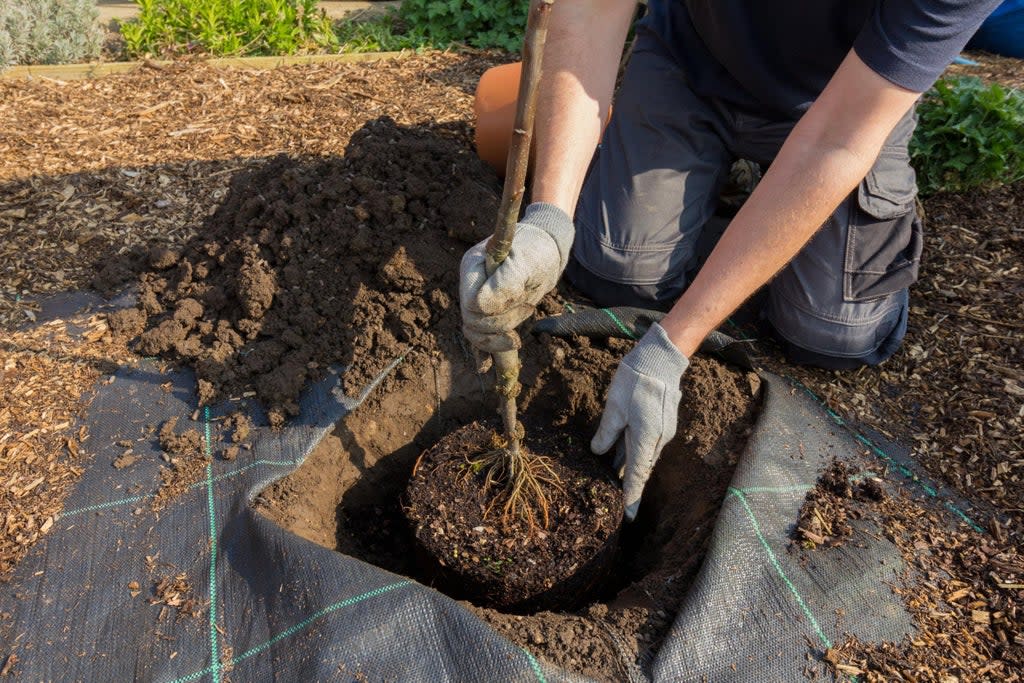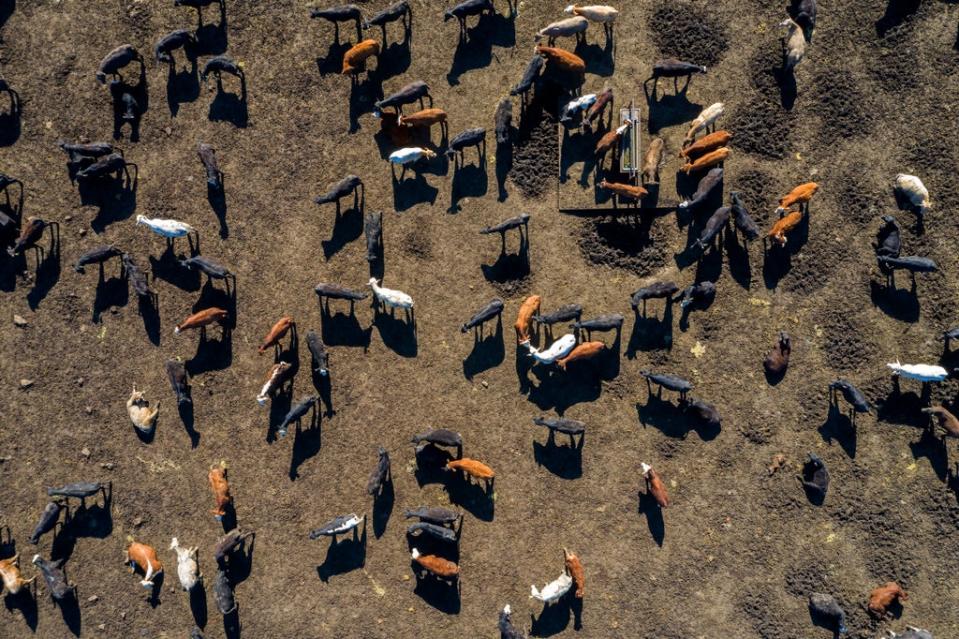Rewild and protect land to ensure climate and nature crises are tackled together, scientists urge ahead of Cop26

Wild spaces across the world must be restored and protected if the world is to successfully get to grips with the twin climate and nature crises, scientists have said.
Ahead of Cop26, the pivotal climate summit taking place in November, researchers called for “major systemic changes” to tackle the world’s mounting environmental challenges.
Such changes include new laws to protect ecosystems, an end to harmful agricultural subsidies and a surge in new investments to boost biodiversity.
In a new commentary published in the Journal of Applied Ecology, the scientists also argue for the rapid development of “nature-based solutions” to address the world’s environmental problems.
Two such solutions, restoring the planet’s most degraded areas and protecting biodiversity hotspots, could “significantly” boost Earth’s carbon stores while preventing up to 70 per cent of projected species extinctions, according to research cited by the group.
It comes after a major report published in June warned the world risked failure unless the climate and nature crises are tackled as one.
“There’s been growing consensus that the climate change and biodiversity crises need to be tackled together in unison, but there hasn’t been much discussion as to how we’re going to do this,” Dr Nathalie Pettorelli, lead author of the research and a senior fellow at the Zoological Society of London, told The Independent.
“This paper is examining natural-based solutions, which are the main proposition for tackling climate change and the biodiversity crisis together.
“We are also looking at the major systemic changes that are required in order to significantly improve the success of the deployment of those nature-based solutions.”
One major systemic obstacle to restoring ecosystems is the flow of subsidies for harmful activities such as factory farming and commercial fishing, she said.

A UN report released earlier this month found that almost 90 per cent of the $540bn in global subsidies given to farmers each year are “harmful”.
“There’s literally no point giving money to try to stop climate change and biodiversity loss while you are still exacerbating it with incentives,” said Dr Pettorelli.
The commentary also calls for a change in how world leaders tackle the two crises.
At present, countries discuss each problem at separate UN conferences, with the next summit on biodiversity loss taking place in Kunming, China, in 2022 and the next meeting on the climate crisis, Cop26, taking place in Glasgow in November.
“What we’re arguing is that at the moment there really isn’t a global legally-binding platform that really equally supports biodiversity and climate change,” said Dr Pettorelli.
“If you’re trying to tackle both problems equally, that’s a problem.”
The findings come as a second major report argues that embracing nature-based solutions will be crucial to meeting the UK’s goal of reversing biodiversity decline by 2030.
The assessment, from the UK’s five statutory nature agencies, recommends nine actions for governments, landowners and businesses to take to reverse nature loss this decade.
These include protecting wild areas on land and at sea, investing in habitat restoration and developing the market for green finance.
Tony Juniper, chair of Natural England, said: “We need to go high nature and low carbon, tackling the twin crises of biodiversity loss and climate change together, and today’s publication sets out how we can do this.
“Achieving these commitments will require transformative change across society and in the way we protect, value, use and engage with nature.”
Read More
Jennifer Saunders is faultless as the eccentric clairvoyant in Blithe Spirit – review
UN chief rips into billionaires Bezos and Branson for ‘joyriding in space’
Hoverflies use sun and body clock to navigate when they fly south for winter
The joy of living in a big city is the sharing of cultures
Opinion: The universal credit cut isn’t going to turn people against the Tories

 Yahoo News
Yahoo News 
